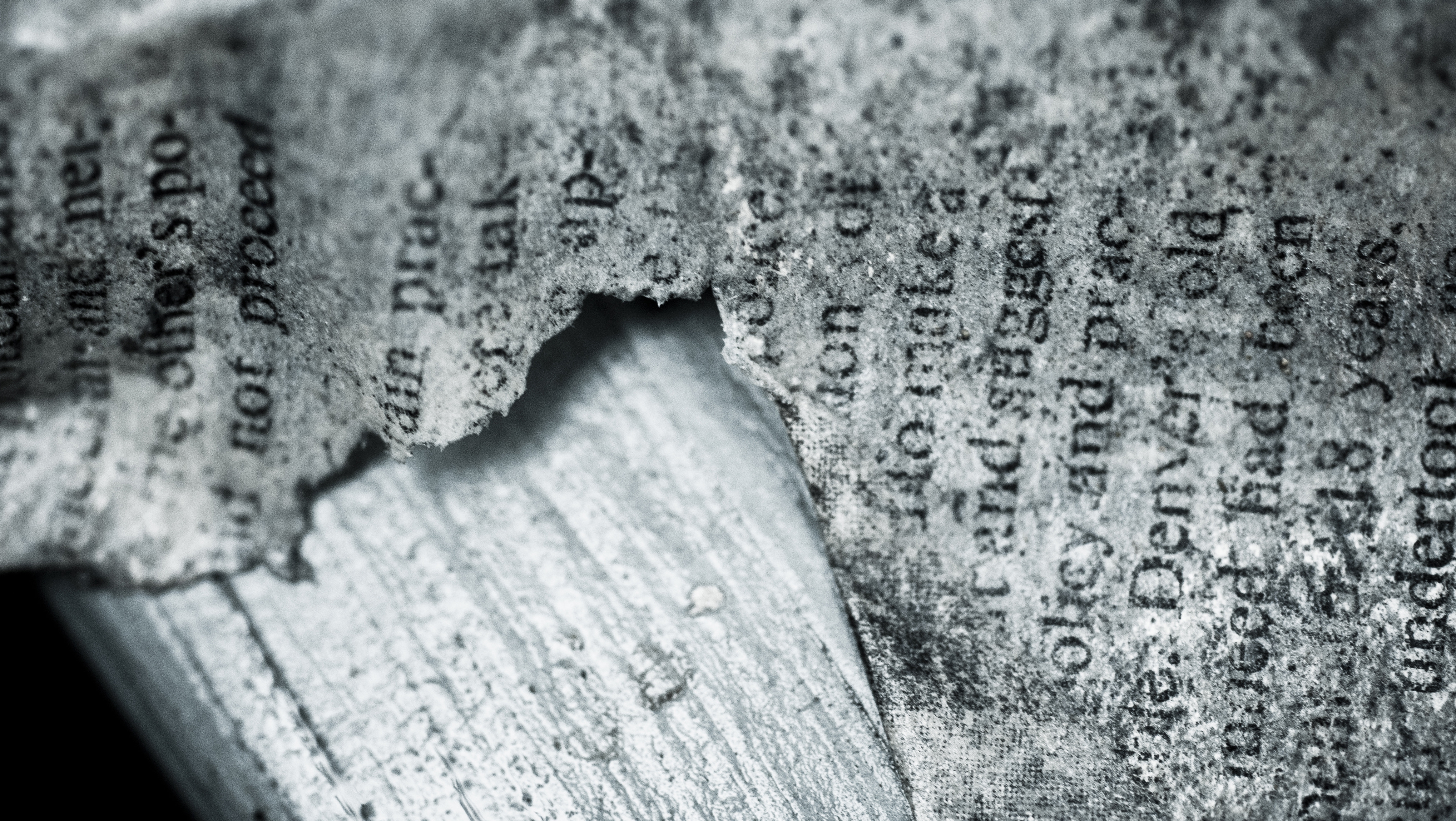
I have amnesia.
Some events from my past were already irretrievable due to trauma, but the intense, apparently permanent amnesia hit last year.* The previous decade of memories became spotty at best; the months surrounding me were a black hole of confusion.
Initially we didn’t understand how serious it was. But as months passed and the memories remained lost, I realized my mind might not return to previous normal. Confusion, blank spots in my history, and short-term memory loss became my new normal. Friends and family were gracious enough to adjust and show me endless patience as I played my own version of “Real or Not Real” (à la Mockingjay) and acted like Dory from Finding Nemo.
For me, amnesia brings a broad swath of emotions.
- Irony: Someone recently asked me if my book had a subtitle. I had no idea.
- Rest: Forgetting many vivid details of past trauma.
- Sadness: Seeing myself in pictures of significant life events and drawing a blank. Wondering if I’ll ever remember what everyone else is talking about.
- Surprise: Finding the hard drive (which I don’t remember owning) containing all the drafts and articles I don’t remember writing.
- Frustration: Forgetting my debit card PIN number and having no cash on hand. Not being able to think of a close friend’s last name. Leaving to go somewhere I’ve been numerous times and realizing I don’t know how to get there.
- Confusion: Security for banking is time-consuming when you have to write every step of log-ins and passwords on accessible paper while ensuring the information is safe.
- Amusement: When I can’t remember how to spell a simple word, consult the dictionary, and return to my work–only to realize I can’t remember what word I wanted to use, much less its spelling.
- Redundant: Telling a friend some bit of information. An hour later telling them again. An hour later asking them if I’d told them said bit of information. Apologizing for my memory issues (for the fifth time that week).
For me, the best coping mechanism for amnesia is laughter. Staying frustrated or angry can’t bring back my old memories or enable me to retain new information. But laughing makes for some new and good times to [try to] remember.
*Fall 2015: It’s been three years now, and by all accounts my memory loss will remain permanent unless I’m able to make breakthroughs via therapy.
8 Facts of Life with Amneseia
